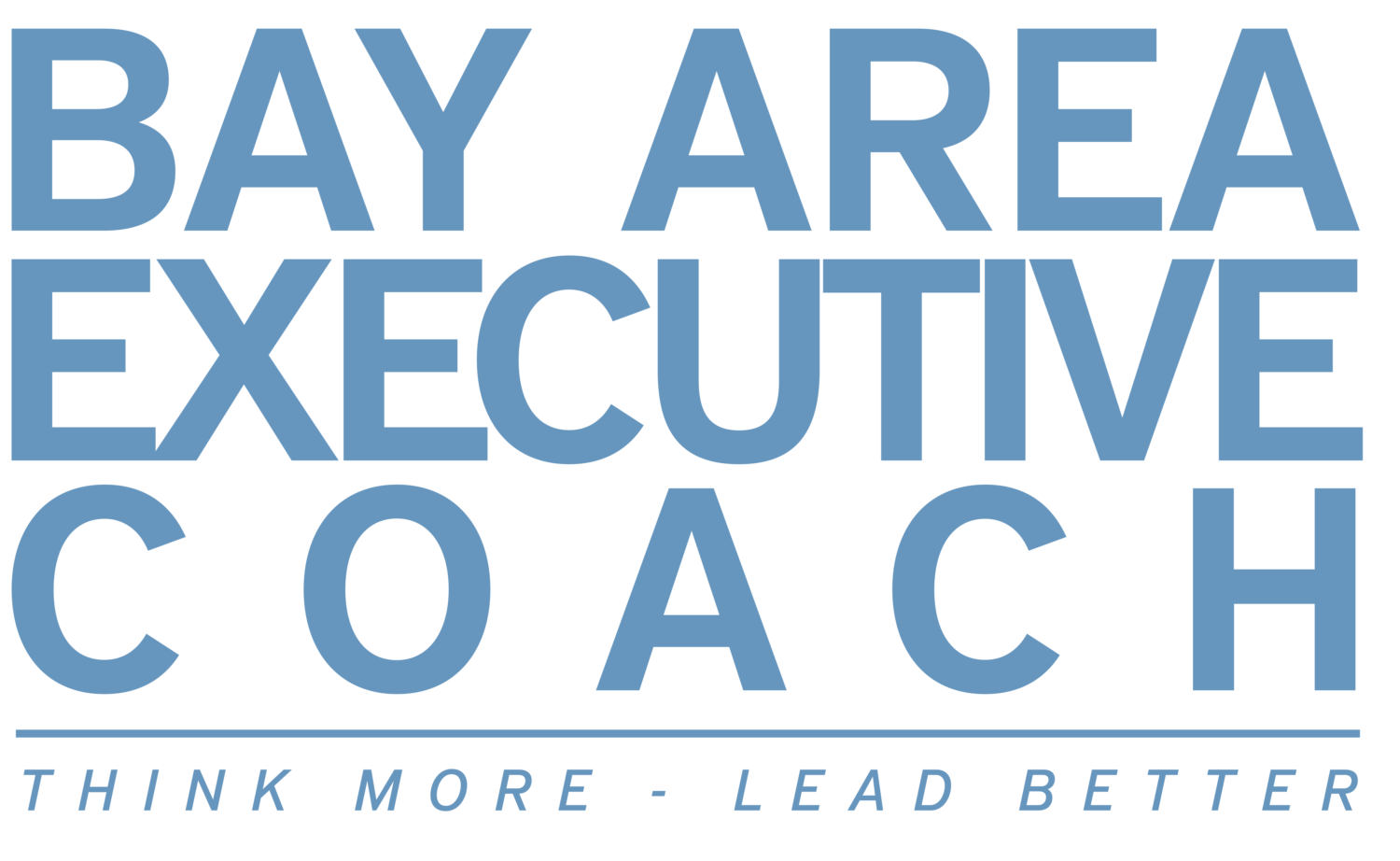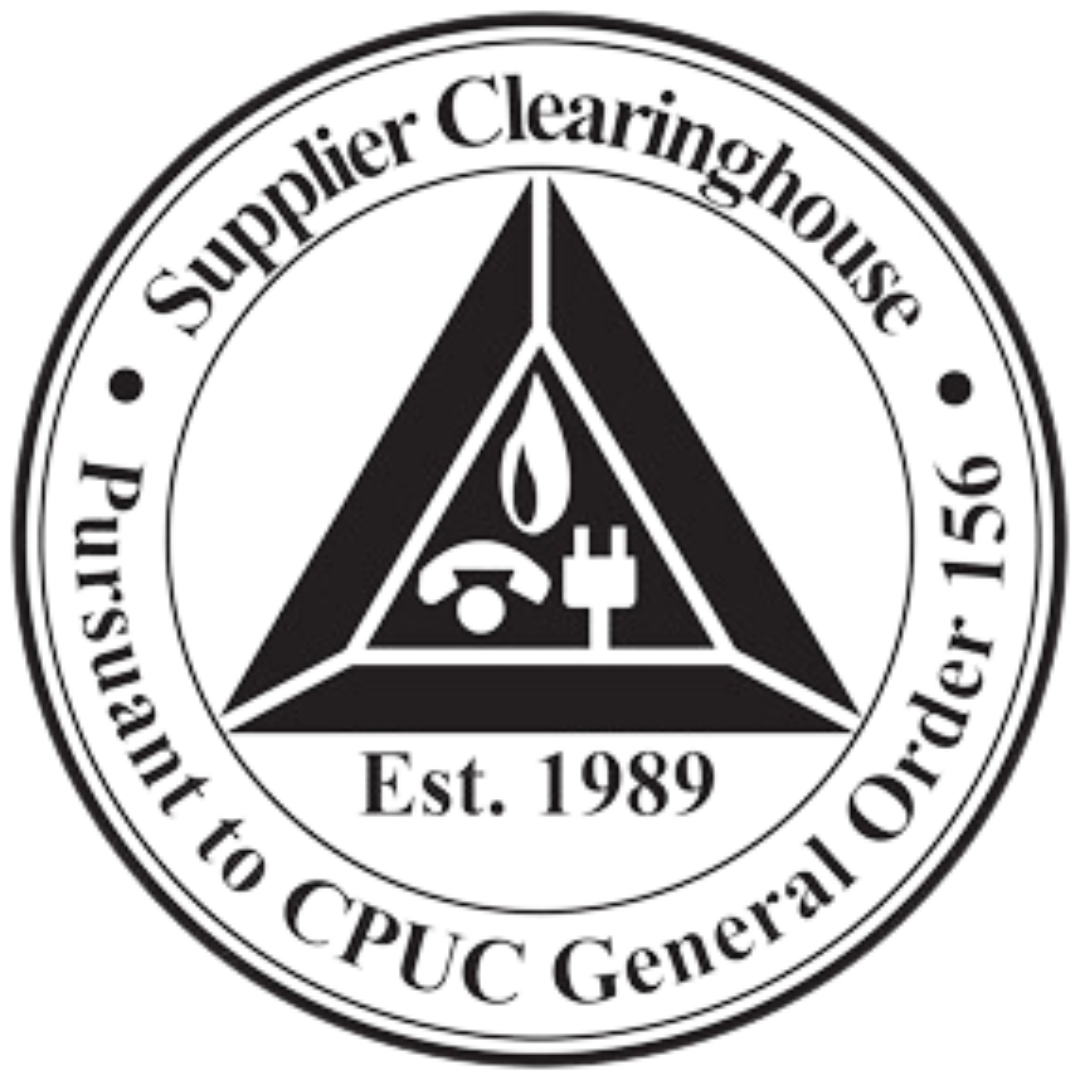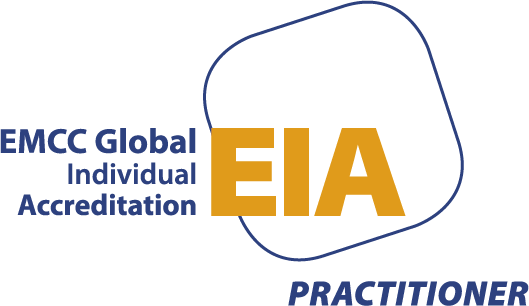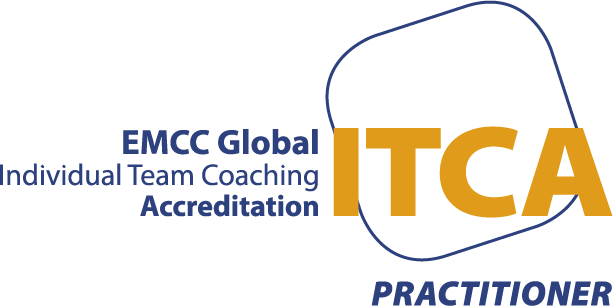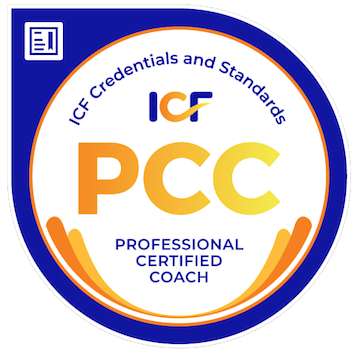 Executive Coaching Helps a Young Leader Garner the Respect and Loyalty of Her Veteran Team
Executive Coaching Helps a Young Leader Garner the Respect and Loyalty of Her Veteran Team
When a new young leader takes charge at a business, it’s often necessary for that individual to earn the respect, loyalty, and cooperation of the staff they’re leading. People are sometimes skeptical when a new person is brought in to lead, especially when that person is considerably younger than many staff members. Such was the situation of a recent coaching engagement of ours that extended beyond our standard 6-month duration to a year-long relationship.
The Situation
Alice (not her real name), in her mid-30s, is a high potential leader given the opportunity to lead a division at a global firm. While it’s unusual for someone of Alice’s age to be handed such a role, her outstanding performance at lower levels in the organization convinced upper management that she was the right person for the job. 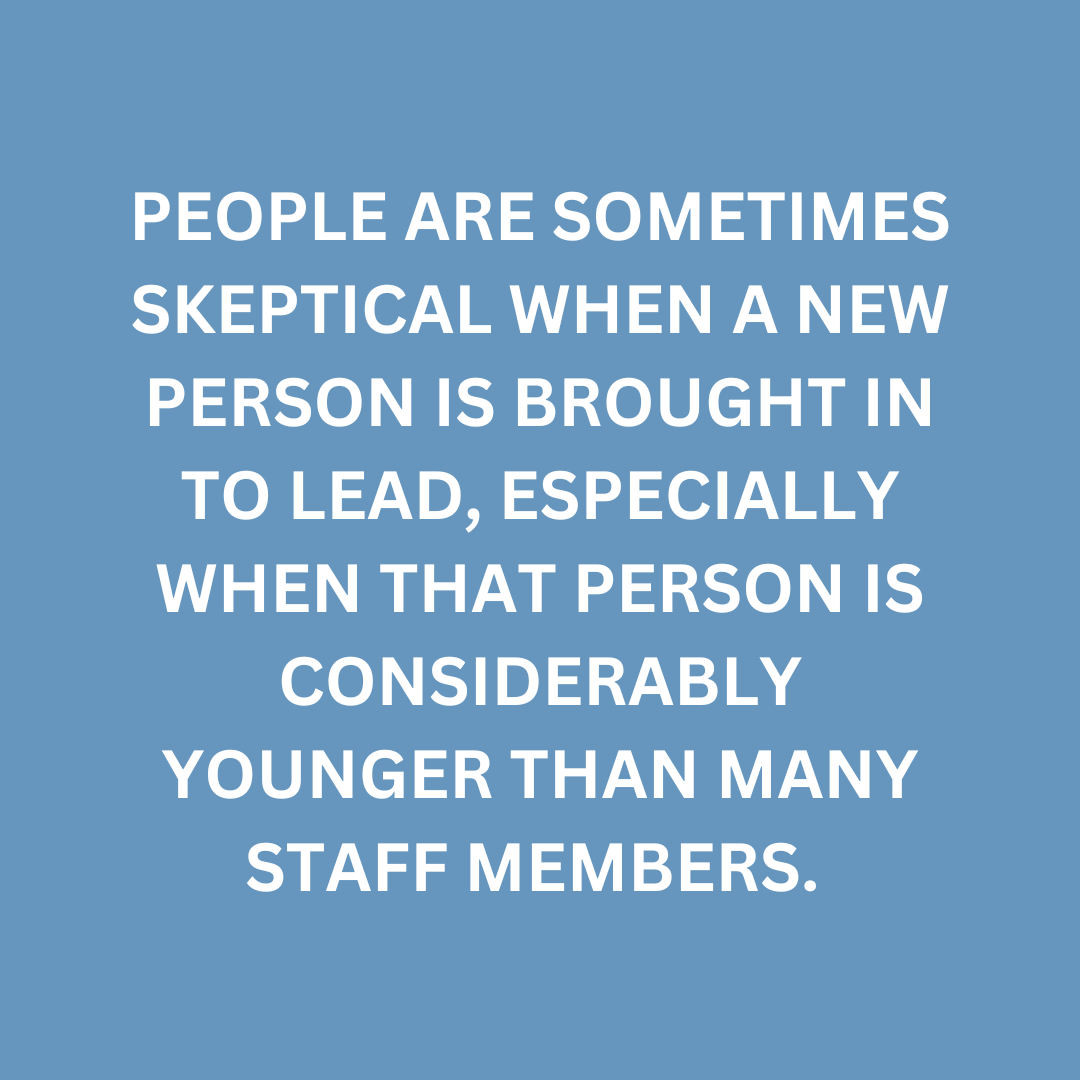
Aside from the business-related challenges of her new leadership role, Alice faced a number of credibility issues relating to her new team. For starters, she was one of the youngest division leaders at her company. Many of her direct reports were a good many years older than her, with more experience than Alice. Other people who used to be Alice’s work friends and “lunch buddies” were now reporting directly to her, creating a much different interpersonal dynamic. And there was, among a few of the older employees, a bit of noticeable discomfort about having a much younger woman as their boss. While Alice was confident and more than ready for the job, she knew it wasn’t going to be easy or smooth in the beginning.
At this time, management felt that an executive coach experienced in working with leaders in a new role would greatly assist Alice in overcoming these issues and winning the confidence and cooperation of her seasoned team.
The Coaching
The engagement began with sessions devoted to defining goals and objectives. From a business standpoint, our client wanted to increase division sales and grow market presence. Alice also wanted to create strong and accountable relationships with her directs while also leading in a style distinctly different from her predecessor who was greatly admired.
We worked with Alice on various strategies to connect on an individual level with each of her directs and greater leadership team. She experienced how seeking the counsel of her veteran leaders and soliciting their input on important decisions bolstered her standing among the team and engendered their respect.
One interesting aspect of this coaching relationship was our exploration of the role vulnerability plays in developing rapport with others and winning their respect. We discussed how vulnerability can project an inner strength and authenticity that others can readily relate to. Leaders who adopt a veneer of perfection and invincibility come across as inauthentic and lacking credibility. Alice had no appetite to show up in that way.
In Alice’s case, she was dealing with family matters, which are common at her age, but not often talked about at work. Without projecting weakness, Alice revealed certain details of her situation to her team and asked for their understanding and support. She was pleased to discover that this admission that she has challenges that take her away from an all-consuming focus on work engendered greater trust and loyalty.
We also helped Alice talk through game plans for tough but productive conversations with veteran members of her team. Alice’s predecessor had let a few key matters go unaddressed and now Alice was left to tackle the issues head on. For a young leader to hold older veterans accountable for their actions and their results is a challenging proposition that requires a deft touch. Yet Alice proved up to the challenge, and a number of difficult and lingering issues were successfully resolved.
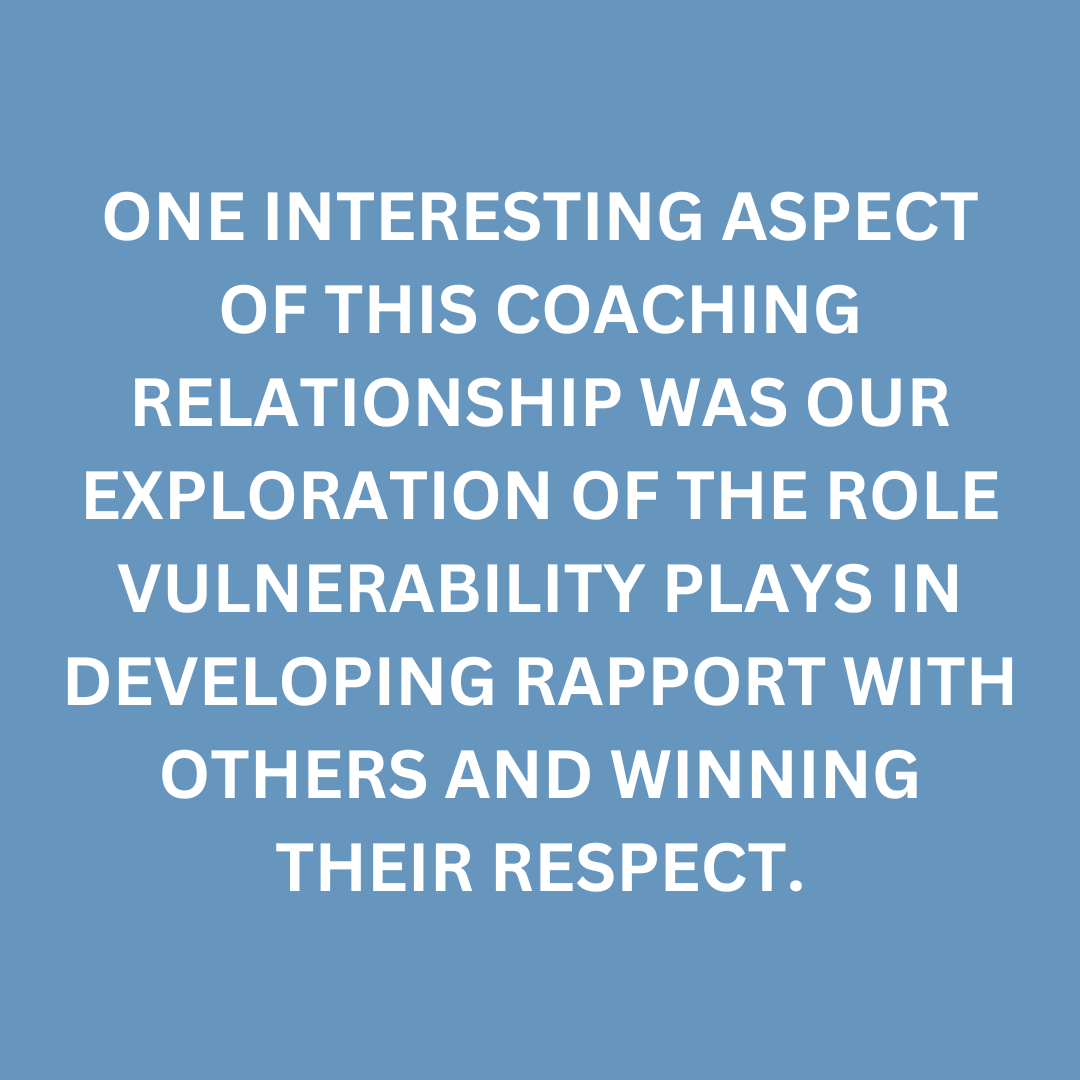
In terms of tools, we performed before and after 360 surveys with Alice and also used the PXT Select assessment tool. We’re qualified in the use of a wide array of assessments and seek to use the best instruments for each coaching engagement.
The Results
During the course of our initial 6-month engagement several other issues cropped up for Alice, including the introduction of a new manager and divisional expansion. With so many moving parts in place and so many things to work on it’s understandable how this coaching engagement extended from 6 months to a full year. The extra time proved invaluable in supporting Alice to further develop and refine her leadership skills. The extended time also afforded us the opportunity to develop a deeper coach-client relationship with all the inherent benefits that go with nurturing that closer bond.
Alice progressed enormously throughout our year together. She settled nicely into the role and established her own style of authentic leadership. Alice saw how being genuine, direct and vulnerable in her leadership approach worked to earn her staff’s respect and loyalty. She flourished in her job and her team grew to feel confident in her leadership.
One other interesting aspect of this engagement was that it was conducted remotely using Zoom. We’re based in the San Francisco Bay Area and Alice’s company is outside the area, so regular face-to-face meetings were impractical. However, over the course of the last few years we’ve become proficient with working with clients remotely. The remote aspect of this engagement didn’t detract at all in terms of our ability to work effectively with the coachee. So, regardless of where you’re located geographically, keep in mind that we’re readily accessible.
Ready to Help You Too
Alice’s case is not unique. Many new and especially younger leaders find themselves in uncomfortable situations where they’re up against an uncertain staff who still feel loyal to the former leader or to misconceptions about a leadership model that rarely includes a younger high potential. If you’re managing such a leader or find yourself in the same position as Alice, contact us today to schedule a meeting time through our calendar or complete our contact form.
Download this case study if you’d like a copy.
Photo copyright: Photos are from ©Canva.
